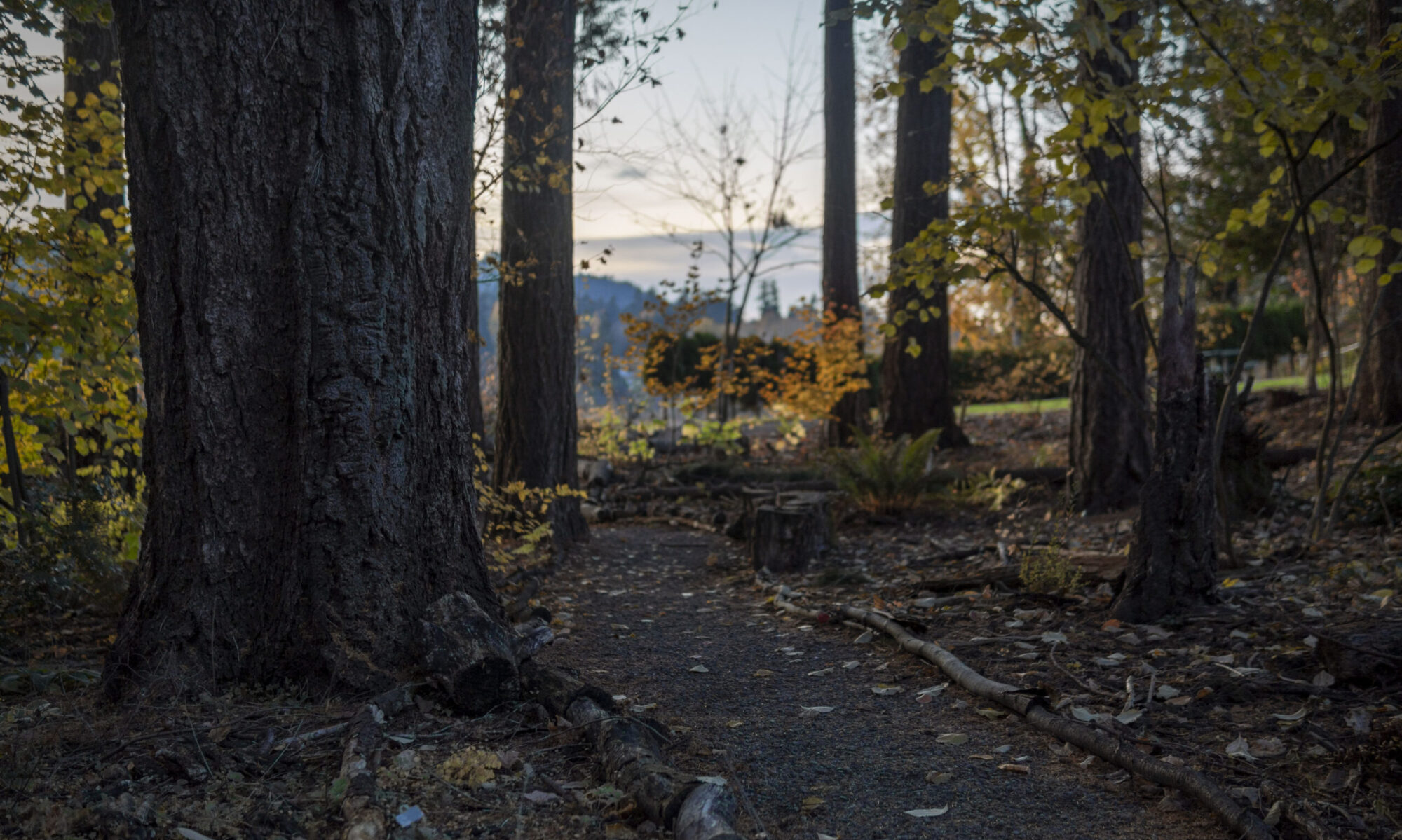According to Ovid, May is named for the maiores, which is Latin for ancestors. It’s fitting, then, that May is the month traditionally chosen to honor our ancestors by cleaning cemeteries and adorning graves with flowers. We choose especially to honor our fallen soldiers who died in the service of our nation on Memorial Day.
Though it is now over a century old, I still find meaning in John McCrae’s famous poem, In Flanders Fields.
In Flanders Fields
In Flanders fields the poppies blow
Between the crosses, row on row,
That mark our place, and in the sky,
The larks, still bravely singing, fly,
Scarce heard amid the guns below.
We are the dead; short days ago
We lived, felt dawn, saw sunset glow,
Loved and were loved, and now we lie
In Flanders fields.
Take up our quarrel with the foe!
To you from failing hands we throw
The torch; be yours to hold it high!
If ye break faith with us who die
We shall not sleep, though poppies grow
In Flanders fields.
John McCrae
There is an incredible depth to the gentleness of May echoed in the poem. McCrea’s poem describes a vision of sacrifice and loss contrasted with new life and growth. Similarly, May’s longer days, warm afternoons, and blooming flowers show us that same taste of new life, while the foggy, misty mornings and crisply cold evenings remind us of what we are leaving behind. While the poem ends in somewhat of a threat, the admonishment is to take up the torch – to honor those who have gone before, and to protect the new life that will come after.
